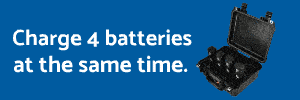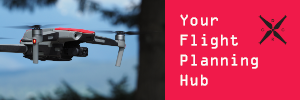Iv had this a couple of times now and on inspecting my props before the last flight I noticed one of them will not screw on correctly.
Where the others spin freely and then tighten one just spins with the motor at the Same time as if it does not thread.
Do you think this is the cause of the error message need to change it out I think?
Also heard it could be something to do with current draw any thoughts ?
Where the others spin freely and then tighten one just spins with the motor at the Same time as if it does not thread.
Do you think this is the cause of the error message need to change it out I think?
Also heard it could be something to do with current draw any thoughts ?
Last edited:







